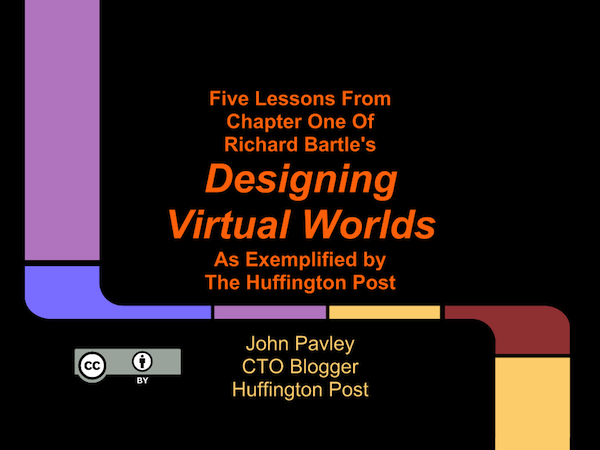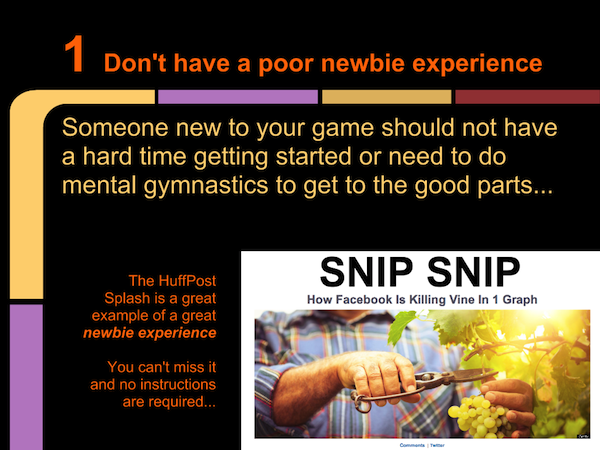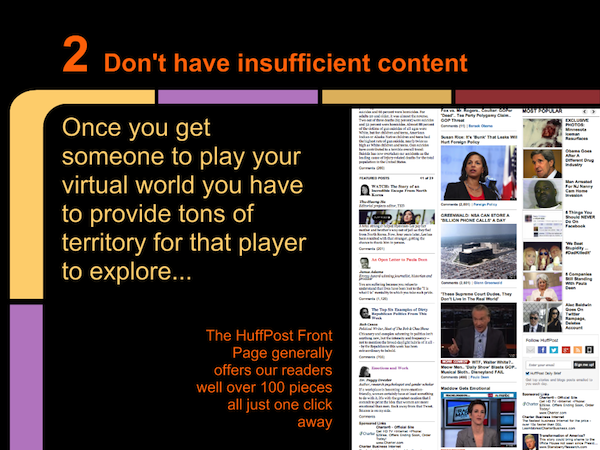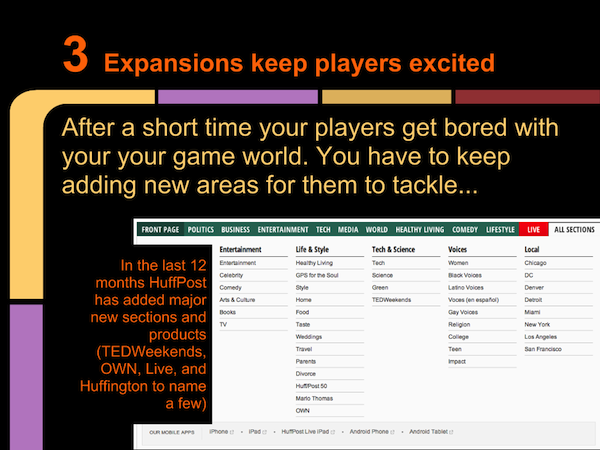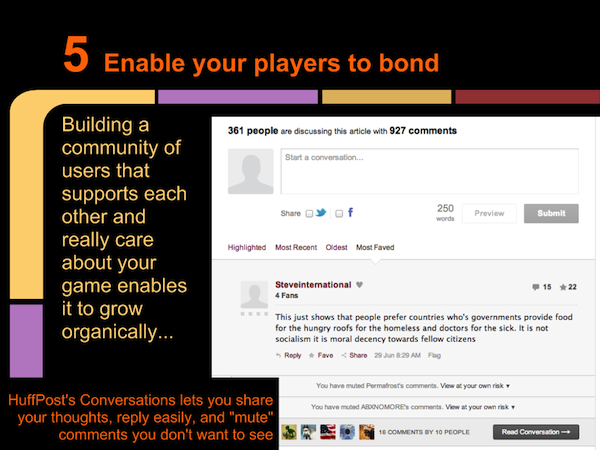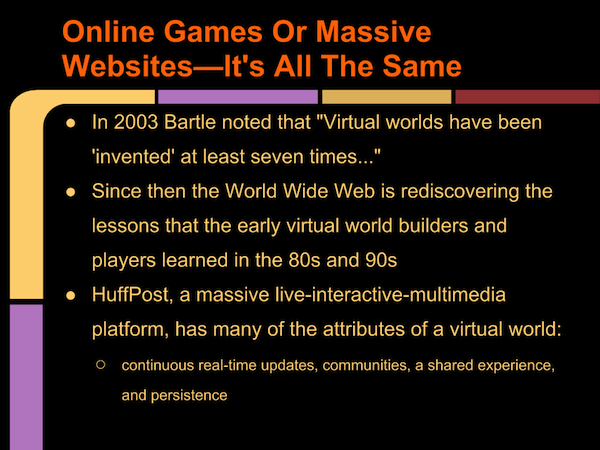Last week I blogged about MUDs (multi-user dungeons) and how they pioneered much of what we see on the web today in social networks, or really in every robust Internet application. One of the resources I mentioned was Richard Bartle's Designing Virtual Worlds. My copy finally showed up from Amazon and this weekend, while waiting for an oil change on my Ford Explorer, I started reading it.
I was totally blown away.
Bartle, one of the original coders of the whole MUD and gaming industry, has written an easy to comprehend and richly detailed look at the history, design, development, and marketing of virtual worlds. The first part of chapter one is an epic tale of the humble origins of the MUD in academia and its gold rush spread to commercial online services and eventually the public Internet. Along the way Bartle defines all the basic components and concepts found in today's massive virtual worlds, like Zynga's Farmville and Blizzard's Warcraft.
Sitting in in the mechanics lounge, drinking bad coffee, I started taking notes, jotted down a few new product ideas, and realized that HuffPost itself has all the basic attributes of a virtual world as Bartle defined them...
- Physics: "... automated rules that enable players to effect changes..."
- Characters: "... one game entity that represents them in the world and with which they strongly identify"
- Real-time: "When you do something in the world you can expect feedback almost immediately."
- "The world is shared."
- "The world is... persistent."
Of course we call these things user profiles, our interactive features (share buttons, news quizes), HuffPost Live, the HuffPost community, and the data in our databases.
Bartle's main point to reviewing the history of MUDs and online games, in which AOL played a major role in the 1990s, is to avoid making the same mistakes that the plagued the first virtual worlds and enhance innovation. With that purpose in mind I created a slide show with the five main lessons I assimilated from Designing Virtual Worlds and that HuffPost as a platform exemplifies.
